
Banning phones is not the ideal step, but it is necessary. Ideally, children would receive their own devices later, learn when and how to use them, how to verify information found online, and spend their free time during their most formative years on activities that build and develop them, contributing positively to their personal growth and making them better people, Enikő Szakos, Educational Researcher at the MCC Learning Research Institute underscores.
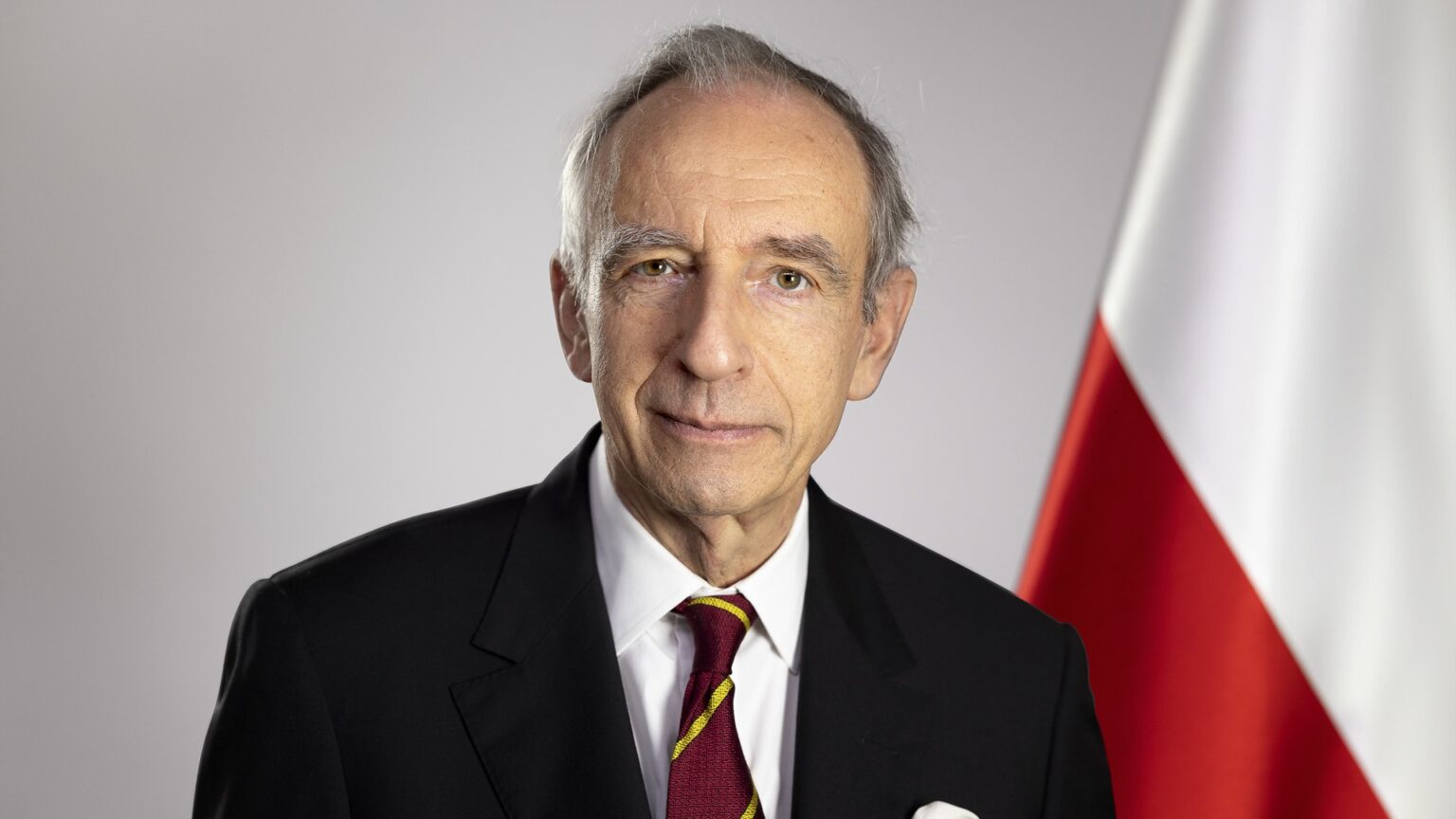
In response to Prime Minister Viktor Orbán’s speech at the Tusványos festival, Władysław Teofil Bartoszewski of Poland has called on the Hungarian leadership to leave the EU and NATO if they believe these organizations treat them so badly. Meanwhile, US Ambassador David Pressman has also come out to criticize the same speech by PM Orbán.

Although the insect farming for feed purposes, which is still unique in Hungary, produces an annual amount of only 6,000 tonnes and therefore cannot yet replace soy, it is already so popular that buyers have pre-ordered the factory’s entire output for five years, the CEO said.

Under the new, more favourable conditions, the programme’s aim remains to increase the productivity and added value of domestic micro, small and medium-sized enterprises (SMEs) through support for technological and organizational renewal.
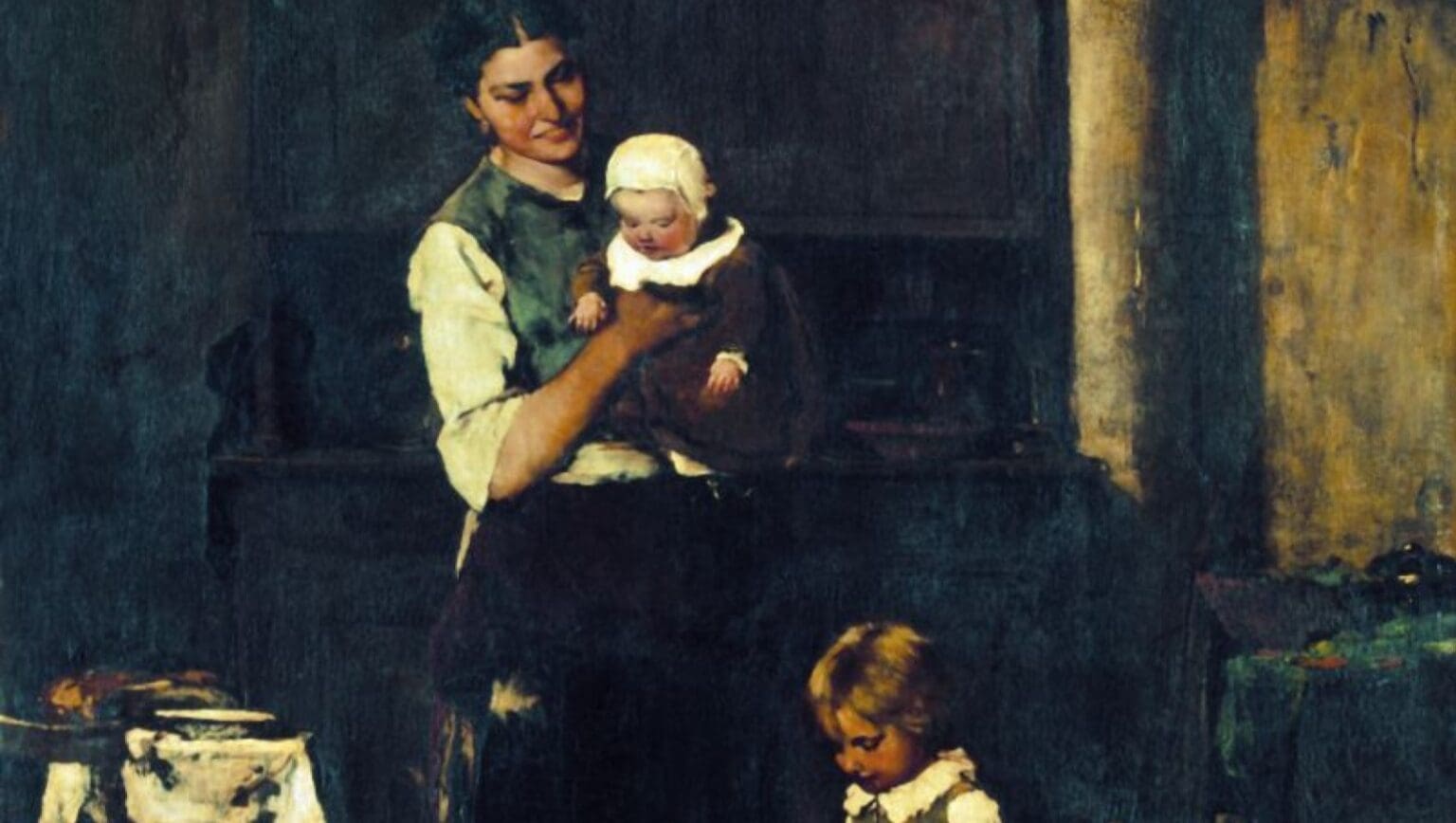
The fact that our measures have a good reputation internationally, and the Hungarian model serves as a model for several countries, is a reason for confidence. Many people are interested in Hungarian solutions, both inside and outside Europe, and even in the Far East.
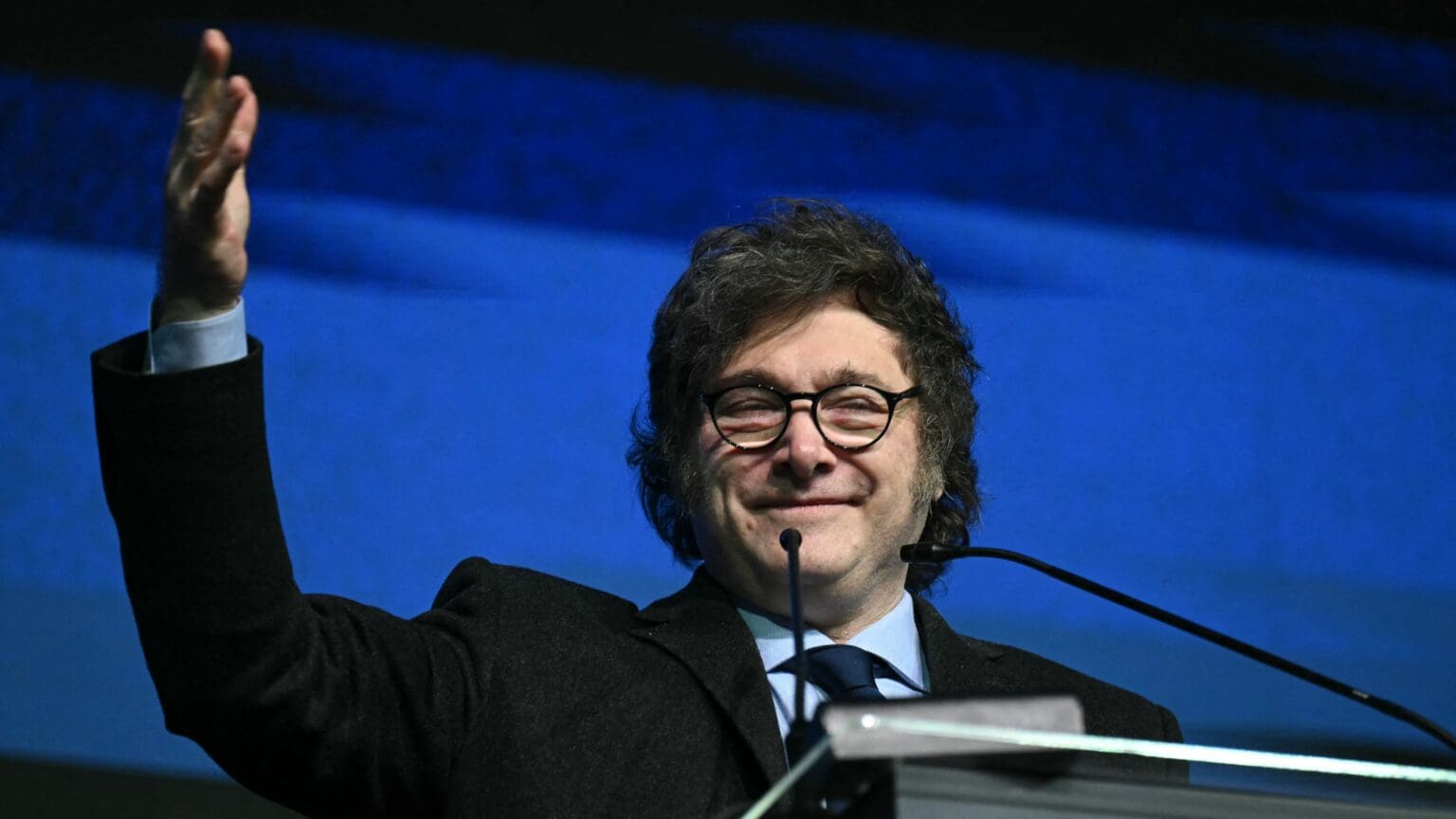
‘The country, alongside Chile, is the most developed country of the region. While in Chile anti-establishment sentiments led to a left-wing experiment with the government of Gabriel Boric, Milei represents the opposite in this regard. It will be interesting to see which direction could serve as a model for the hemisphere: would it be a new Pink Tide or, as a result of the Argentine experiment, conservative-leaning supercharged libertarianism?’
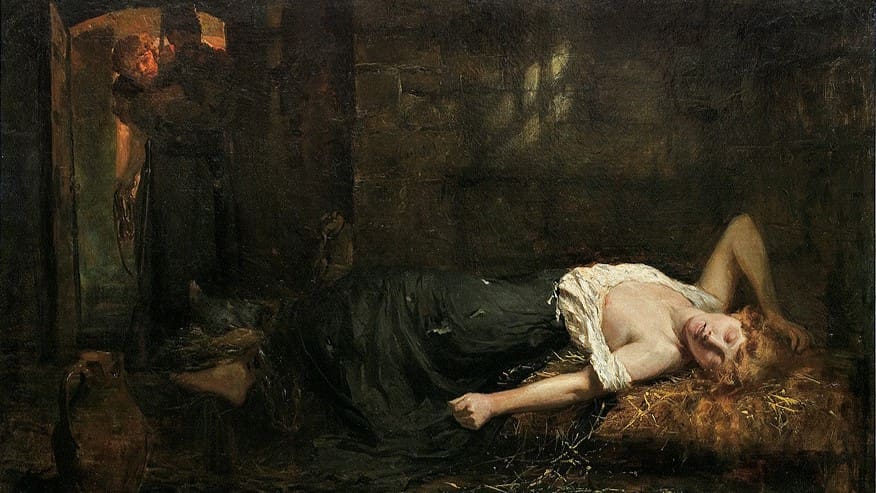
‘In today’s culture, one has to explain how the modern existential paradigm does not hold the truth to sustain a prosperous life or society. With radical and individualistic generations being raised, nothing is more effective than to point out how existential nihilism does not bring happiness, meaning or prosperity. Cheap surface moralism should therefore be replaced by a transcendental framework of meaning and purpose.’

According to the new Rule of Law Report released by the European Commission on 24 July, Italy, Hungary, and Slovakia performed poorly regarding the continued decline in democratic standards threatening the effective prosecution of corruption, the independence of the judicial system, and the safety of journalists.

‘The Israeli case is evidence that cultural aspects, rather than “family policies”, are the crucial element in producing above-replacement birth rates among an educated and affluent population. It is therefore crucial, for those countries which regard such outcome as desirable, to invest efforts in fostering the cultural aspects of a familial outlook in their societies.’

When it got to the point where Zsuzsa and her family had to deliver sweets to a hundred places one Christmas, they felt they had reached a crossroads: ‘We knew we couldn’t go on like this. Either we cut it back and get on with our common lives or we take a sharp turn towards chocolate.’
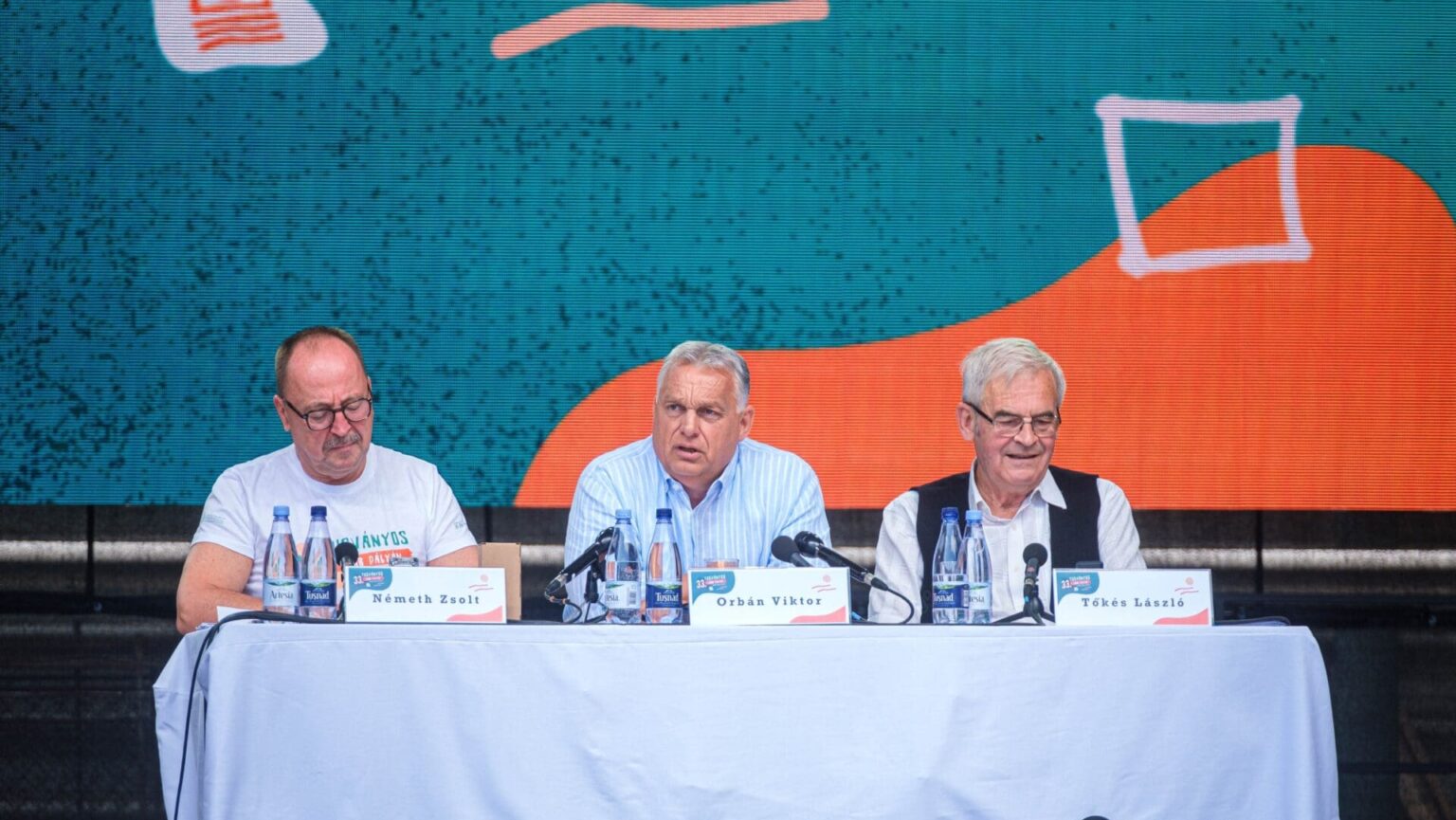
Hungarian Prime Minister Viktor Orbán delivered his annual speech at Tusványos, where he discussed the war in Ukraine, the peace mission, the changing world order, and the upcoming US presidential elections. He stated that Donald Trump is the only chance for the United States to maintain its supremacy.

Biden’s abrupt exit from the presidential race and anointment of Vice President Kamala Harris as his would-be successor has certainly left world leaders in disarray—not that they were not expecting it, given the obvious lack of both physical stamina and mental acuity of the US president. Regardless, as they continue to grapple with the wars in Ukraine and Gaza, an escalation in the Middle East, and a more emphatic China, world leaders are contemplating if there will be a second Trump’s ‘America First’ administration or a continuity of Biden’s ‘America is Back’ through Kamala Harris.
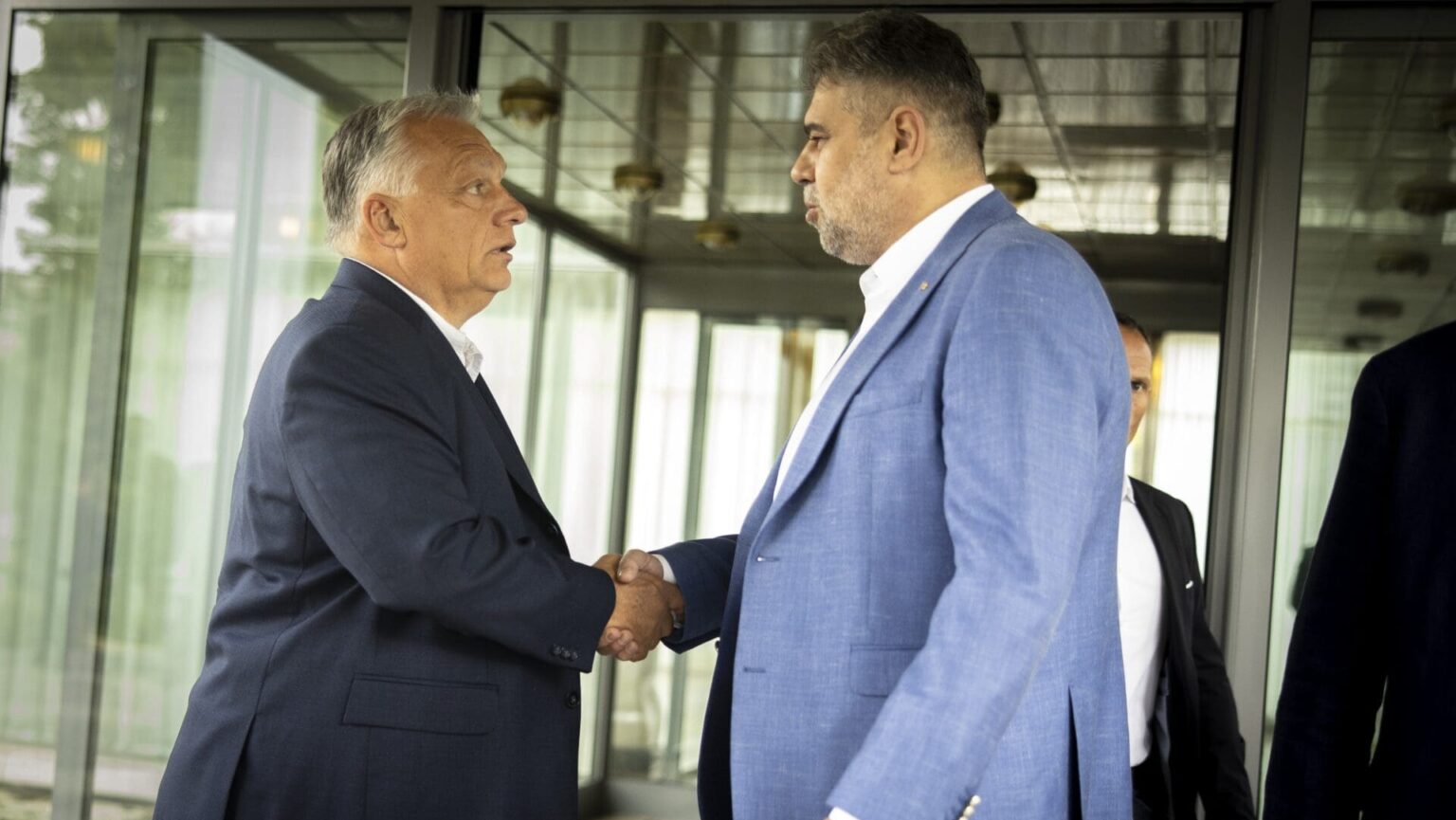
Hungarian Prime Minister Viktor Orbán held talks with his Romanian counterpart Marcel Ciolacu on Friday, a day before Orbán’s speech at Tusványos. The discussions focused on bilateral relations between the two countries and Romania’s accession to the Schengen Area.
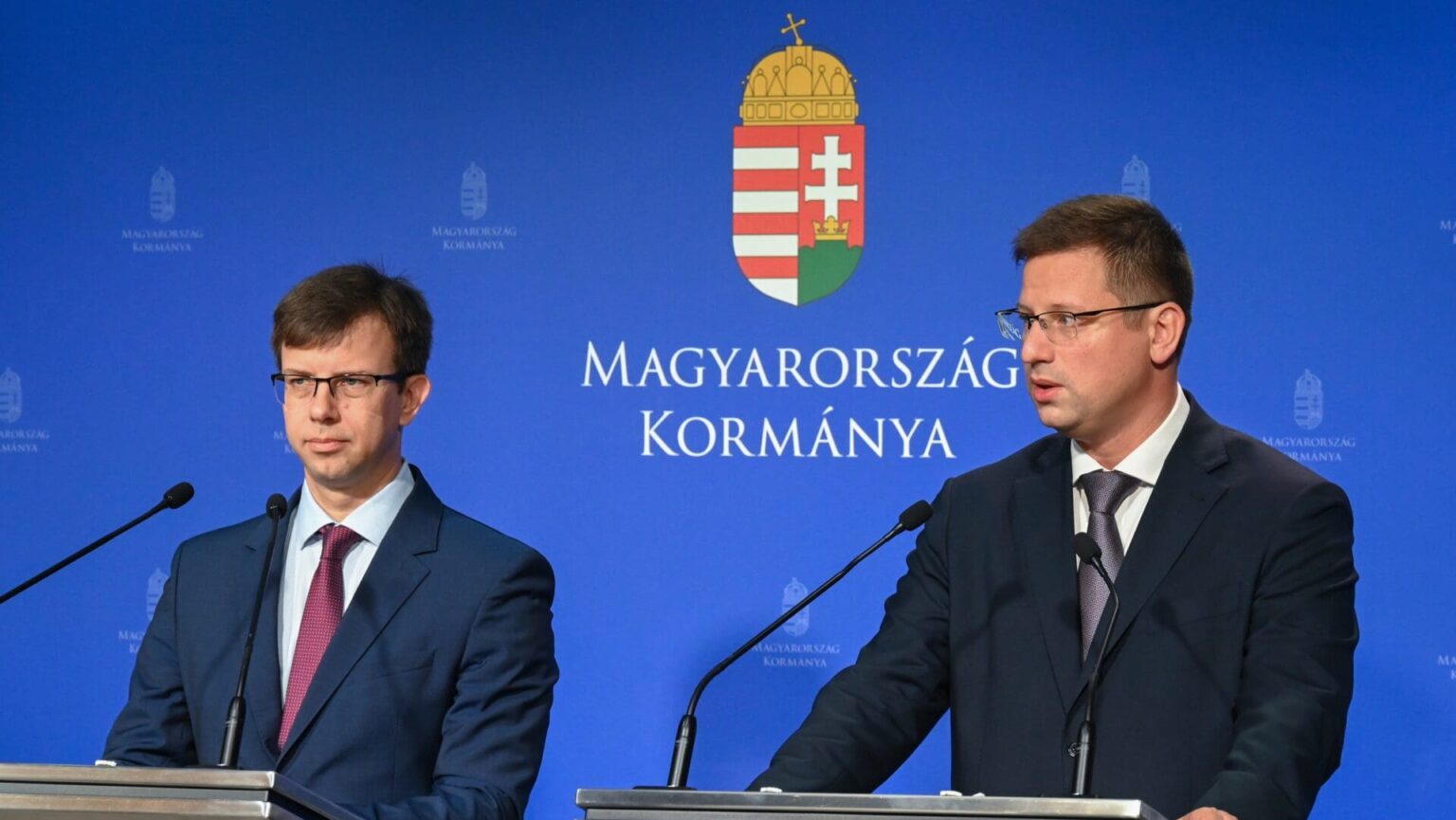
Minister of Prime Minister’s Office Gergely Gulyás stated on Friday that Hungary does not want to blackmail Ukraine over the halted transit of Russian Lukoil oil shipments via Ukraine to Hungary and Slovakia. However, Gulyás pointed out that if no solution is found in the near future, ‘other steps should be considered’.

Balázs Orbán emphasized at a party political roundtable discussion on Thursday at the 33rd Bálványos Summer Open University and Student Camp that peace advocates will eventually become the majority in Europe, stating that ‘time is on their side’.
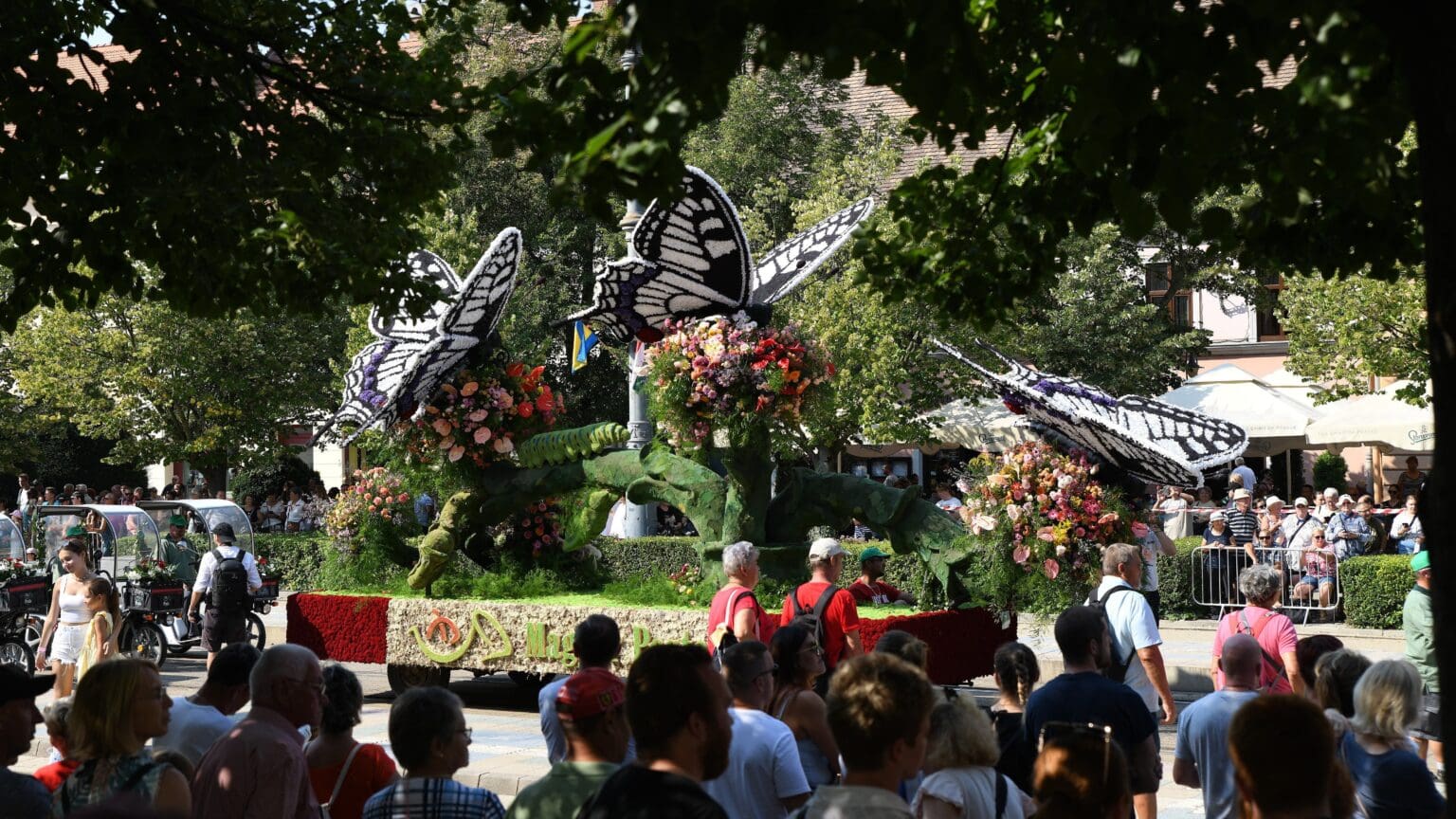
This year, ten flower floats will be on display in the parade, led by the Holy Crown float. Additionally, the parade will be preceded by an entire week of carnival events, with free concerts for the public every evening on Kossuth Square.

‘His holocaust-survivor grandfather highlighted that he should kiss his weapon as now, unlike during the Holocaust, the Jewish people have the privilege from God to defend themselves. This is why, as Dr Ansbacher explained, when Hamas invaded Israel, they didn’t find helpless Jewish people, but thousands of strong soldiers, police officers, Special Forces, and also regular people who were able to defend themselves.’

The overwhelming majority of Hungarians support transparency in the foreign funding of media outlets. Recently, there has been an increase in foreign attempts to interfere in Hungarian domestic politics, with the media being a primary target. In response, the government established the Office for the Protection of Sovereignty. This move, however, could prompt Brussels to penalize the country with another rule of law mechanism.
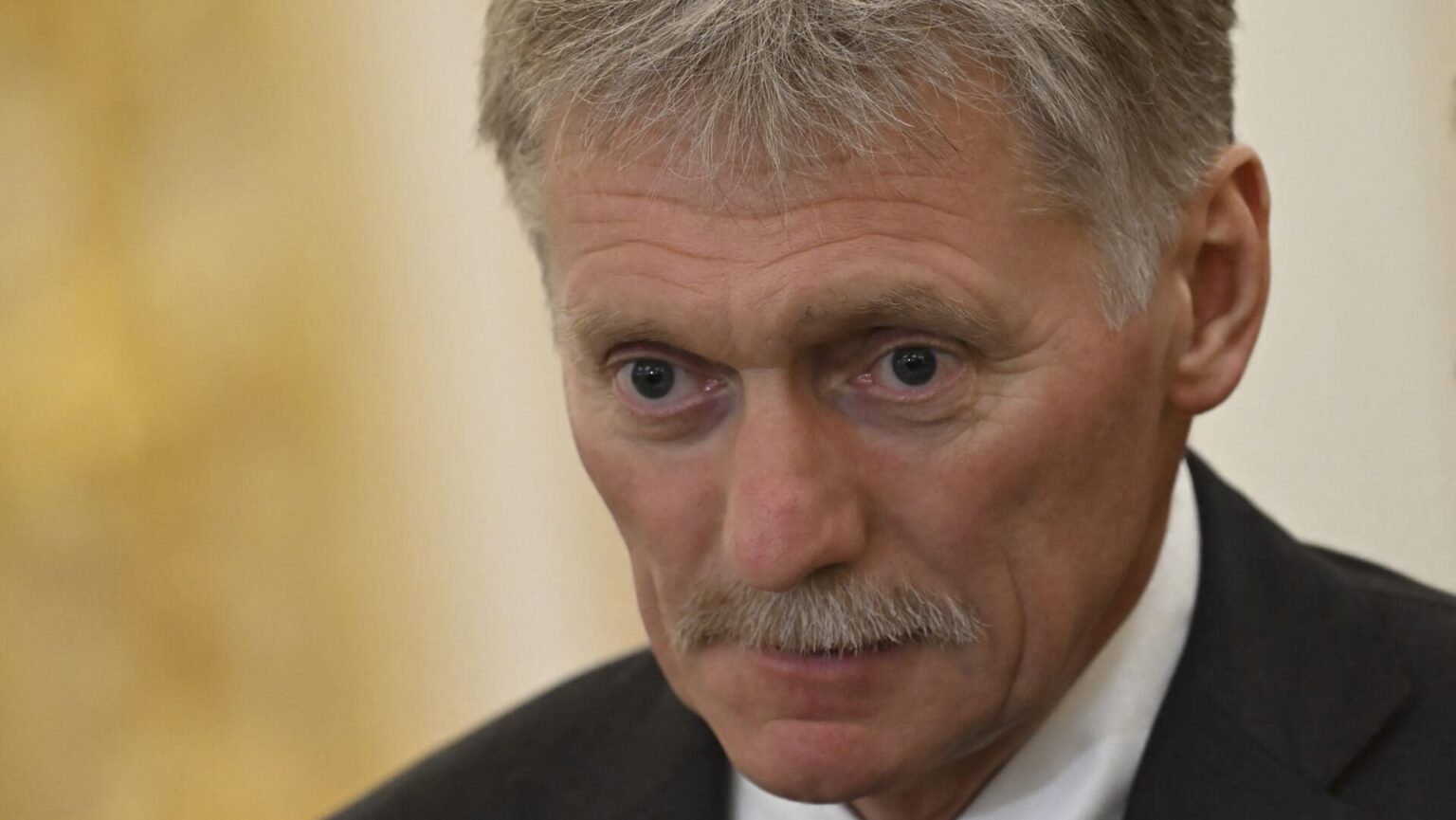
After Ukrainian Foreign Minister Dmytro Kuleba stated on Wednesday that Ukraine was ready to negotiate with Russia if Moscow ‘acts in good faith’, Kremlin spokesman Dmitry Peskov responded on Thursday that Russia was willing to negotiate with Ukraine even if Volodymyr Zelenskyy remains president. Viktor Orbán’s peace mission has undoubtedly contributed to these positive developments towards peace, and the Hungarian Prime Minister could play a crucial role in mediating further talks.
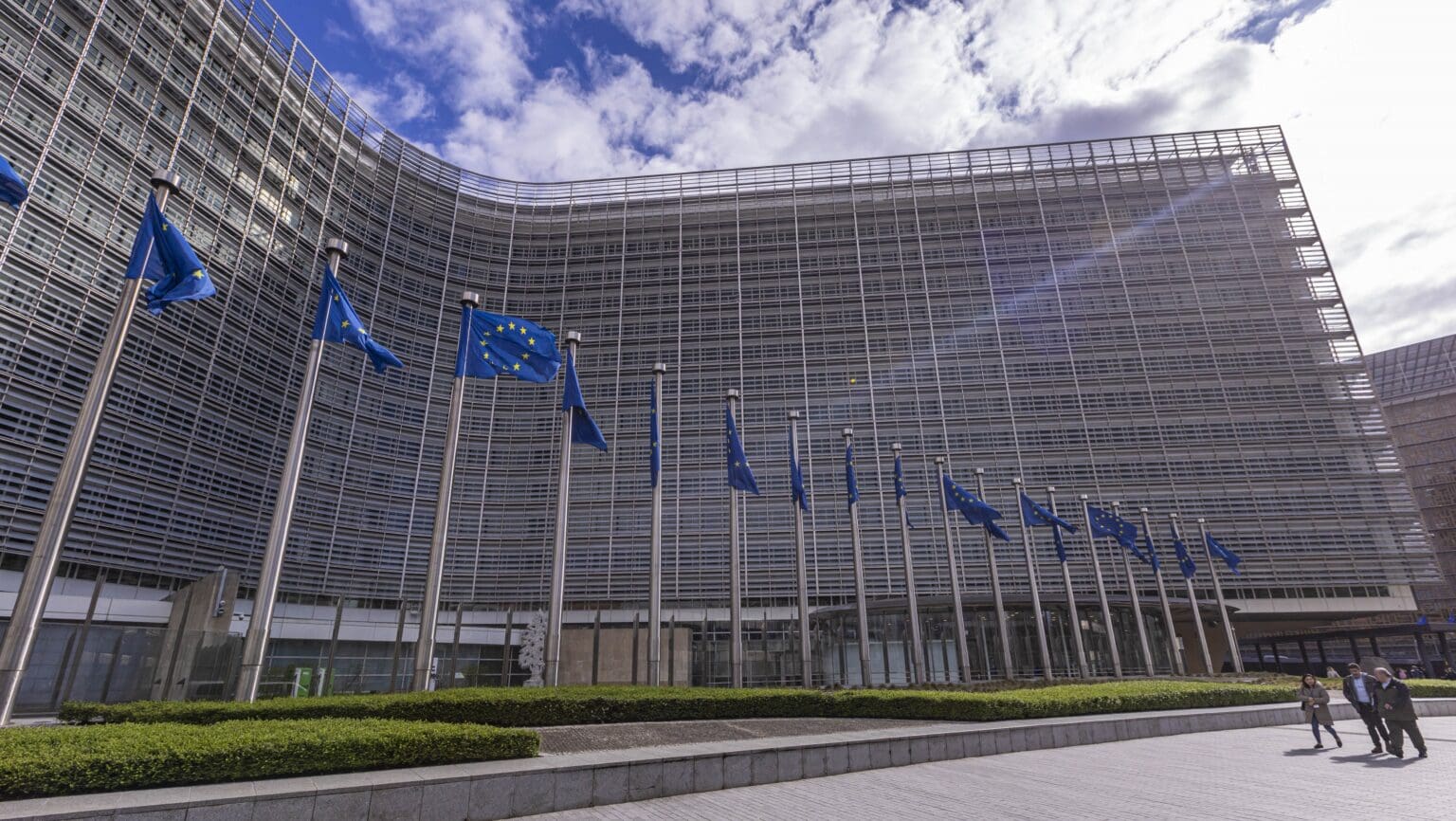
For the fourth consecutive year, the European Commission has published its annual report on the rule of law, which comes with few surprises. In addition to Hungary, Brussels is now concerned about the rule of law in Slovakia and Italy, which is unsurprising given that both Member States have governments prioritizing national interests. Poland, on the other hand, has fallen off the EU’s ‘bad guy’ list since Brussels’ favourite, Donald Tusk, came to power. This year’s report leads to a single conclusion: the Commission views the rule of law as a tool for political and financial blackmail.

Analysts found that 23.5 per cent of Hungarians now have some money left in their pockets at the end of the month, compared to 19.7 per cent a year earlier. One in three Hungarians managed to save some amount monthly, although the overall proportion has decreased by 0.2 per cent compared to the previous year.

In an official statement of the Hungarian Ministry of Foreign Affairs and Trade, the Hungarian government expressed its disagreement with the recent findings of the advisory opinion of the International Court of Justice, according to which Israel’s presence in the West Bank and eastern Jerusalem is ‘unlawful’, while Israel’s ‘policies and practices’ in the West Bank and eastern Jerusalem, including ‘the maintenance and expansion of settlements’, amount to the ‘annexation of large parts of the Occupied Palestinian Territory.’

During the mission, the Hungarian research astronaut will spend 14 days aboard the International Space Station, conducting scientific experiments that will not only benefit the domestic space sector but also position Hungary competitively on the international stage in one of the 21st century’s most rapidly developing industries.

Bulgaria has offered to help maintain Hungary’s energy security if Ukraine does not resume Russian Lukoil oil shipments to Hungary in the near future. Hungarian Minister of Foreign Affairs and Trade Péter Szijjártó called Sofia’s offer a sincere gesture of friendship.

During the handover ceremony, Minister of Defence Kristóf Szalay-Bobrovniczky highlighted that the war in Ukraine has demonstrated the necessity for every country to have a well-functioning defence industry capable of supplying the nation at all times and in all situations.

As Hungary’s premier higher education institution covering the full spectrum of teacher training, it is particularly important for ELTE that 20 per cent of those admitted will start their studies as teacher trainees. Numerically, this means that ELTE admitted the highest number of applicants (2,500) to teacher training in the last 15 years.

Balázs Orbán, the political director for the Hungarian Prime Minister, participated in a panel discussion at this year’s Bálványos Summer Free University and Student Camp. He spoke about the current state of the European right, Viktor Orbán’s peace mission, and Hungarian foreign policy strategy. He mentioned that the Patriots for Europe political group, co-founded by Viktor Orbán, will be expanded in the near future, but he did not specify who the new members might be.
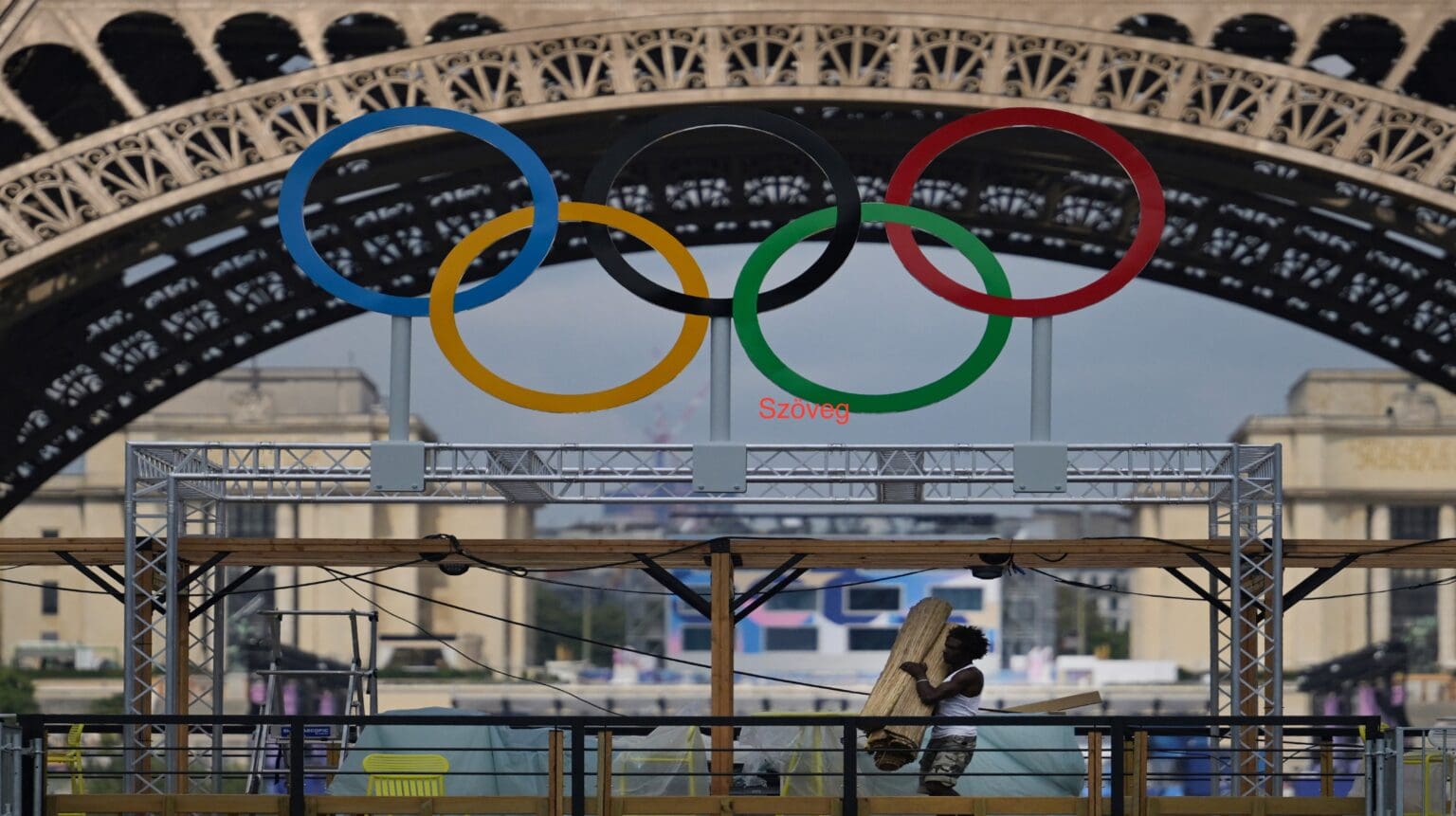
Hungary boasts an impressive Olympic history, having won 181 gold medals and a total of 511, ranking 8th in the all-time medal standings, which is a significant achievement for a nation of just 9–10 million people. According to the latest forecast from Nielsen Gracenote in June, Hungary is expected to perform exceptionally well at the Paris Olympics: the international analysis team predicts 7 gold, 6 silver, and 10 bronze medals, placing Hungary 11th in the medal table.
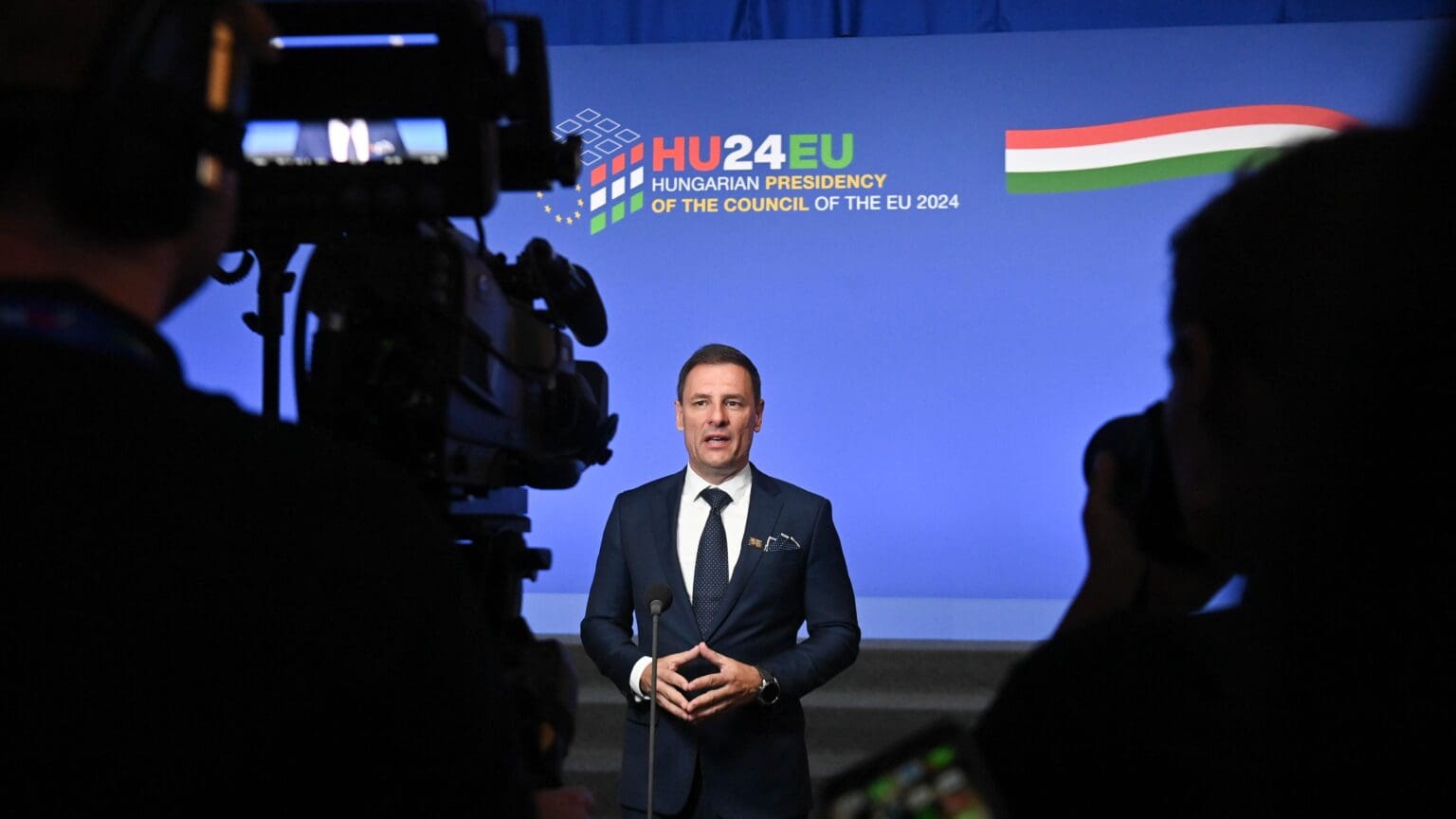
The meeting explored the application of artificial intelligence in the legal field. They reviewed best practices on how artificial intelligence can be employed in judicial practices and legal services to enhance the efficiency of law enforcement, citing the anonymization of documents as an example.
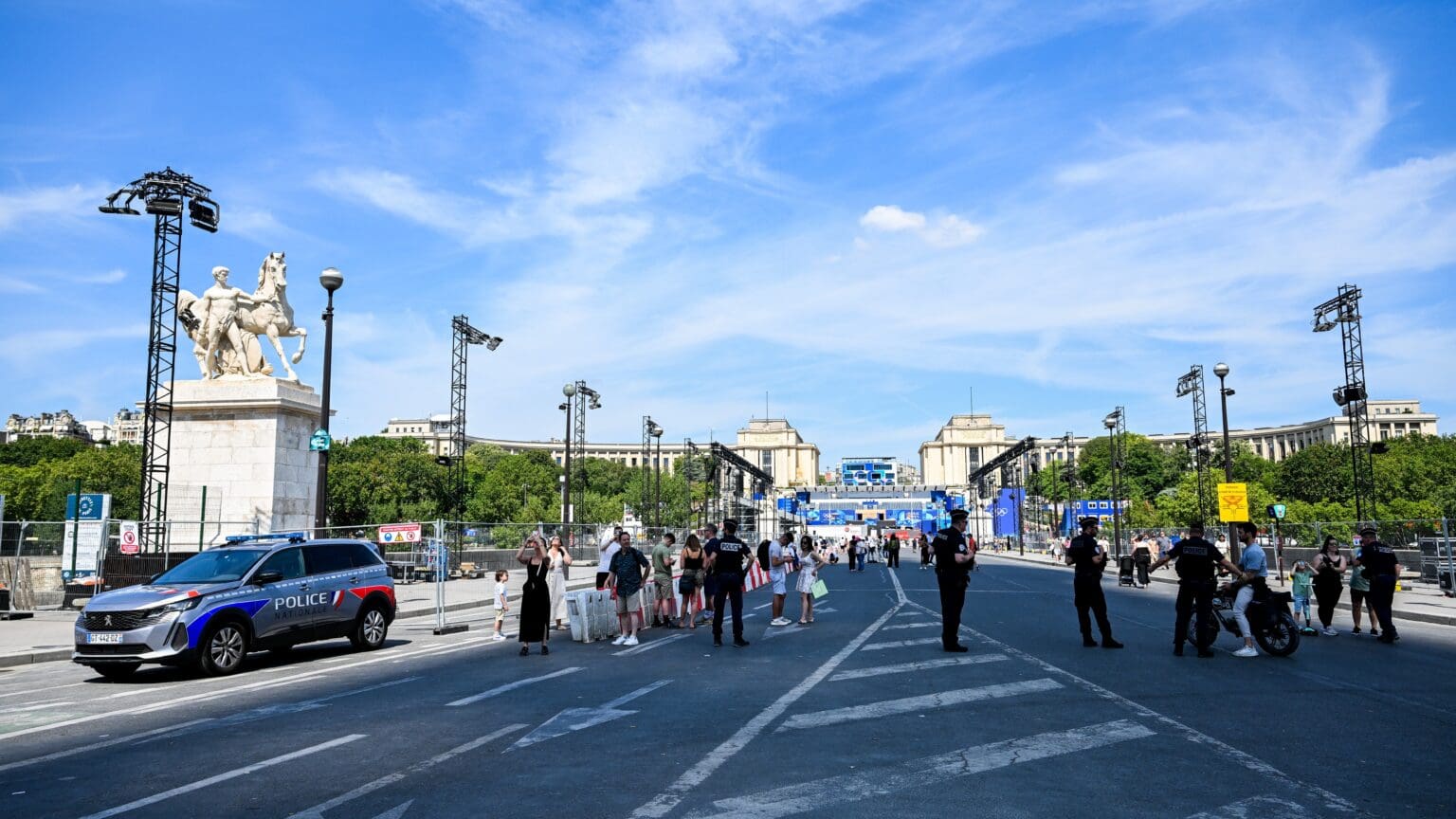
‘Eventually, he fired the gun, which made a loud bang, and meanwhile, the special unit of the French gendarmerie arrived, with three burly men carrying submachine guns, and disarmed the man,’ the Hungarian expert detailed the traumatic events.